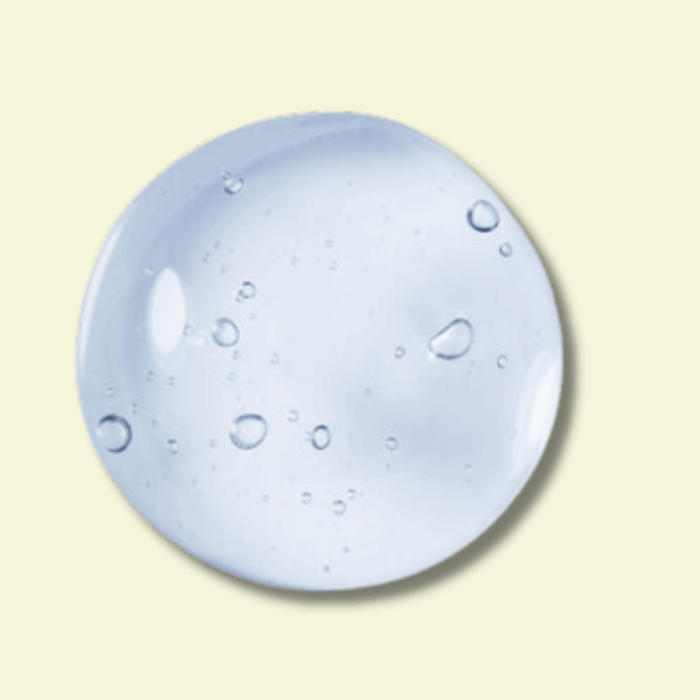
- without additives
- laboratory tested
- Ships within 24 hours worldwide
- *Request a bulk quote email info@greenfieldsjo.com
- Whatsapp: 00962777425666

Real Vegetable Glycerin
| SKU | 272 |
|---|---|
| Brand | Green Fields |
Glycerin: Pure vs. Impure
Introduction to Glycerin Adulteration
In the world of glycerin, not everything is as clear as the liquid itself. There's a darker side to this industry, where the quest for profits leads some to cut corners. This essay delves into the ways glycerin is often compromised and why pure glycerin is a rarity rather than the norm.
Common Adulterants in Glycerin
Glycerin can be adulterated, which means adding cheaper substances to reduce costs. Some common adulterants include:
- Water: Adding water to glycerin is a simple way to increase volume, but it dilutes the effectiveness and quality.
- Diethylene Glycol (DEG): A cheaper, more dangerous chemical that resembles glycerin. It's toxic but often used to lower production costs.
- Propylene Glycol: While less harmful than DEG, propylene glycol is cheaper and used to stretch glycerin supplies, affecting the purity.
Risks of Adulterated Glycerin
Using adulterated glycerin can be risky:
- Health Hazards: Toxic additives like DEG can lead to serious health issues, including organ damage.
- Reduced Efficacy: Diluted glycerin doesn't work as well, failing to provide the expected hydration and benefits.
- Skin Irritation: Impurities can irritate the skin, especially in sensitive individuals.
The Mislabeling Issue
Some companies mislabel their products, claiming pure glycerin while actually selling an adulterated version. This dishonest practice not only misleads customers but also poses health risks.
The Role of Regulation
Regulation plays a crucial role. In many places, laws require companies to disclose ingredients, but enforcement can be lax. This gap allows adulterated glycerin to enter the market.
Our Commitment to Properly Sourcing Pure Glycerin
At the end of this maze of adulteration, as Green Fields Oils, We.. stand our commitment to purity. We source our glycerin directly from reputable cosmetic ingredient vendors. This direct sourcing ensures that we receive the best quality glycerin, untouched by harmful additives or dilution practices. Our customers can trust that our glycerin is safe, effective, and of the highest standard.
A Slippery Start
Have you ever wondered about glycerin, that clear, thick liquid found in so many products? It's so versatile that if glycerin were a person, it would be a superhero, wearing a cape and saving dry skin and dull hair everywhere!
What is Glycerin?
Glycerin, also known as glycerol, is a simple compound. It's a clear, odorless liquid, thicker than water but not sticky like honey. It's a bit of a science wonder, attracting and holding onto water, which is why it's so great for keeping things moist.
The Discovery of Glycerin
This story begins in 1779 with a Swedish chemist named Carl Wilhelm Scheele. He discovered glycerin while experimenting with olive oil and lead oxide, a curious combination by today's standards. Though Scheele was a brilliant chemist, he didn't fully grasp the potential of his discovery.
The Scientific Composition of Glycerin
Glycerin, scientifically known as glycerol, is a simple molecule composed of three carbon atoms, each bonded to hydrogen and hydroxyl groups (OH). This structure forms a trihydroxy sugar alcohol, characterized by its ability to form hydrogen bonds with water molecules. Its chemical formula is . The presence of these hydroxyl groups is crucial, as they endow glycerin with its hygroscopic nature, enabling it to absorb and retain moisture from the environment. This molecular arrangement accounts for its viscous texture and its solubility in water, making it a versatile and valuable compound in various industrial and pharmaceutical applications.
Glycerin in the 19th Century
In the 1800s, glycerin's true value came to light. It was found as a by-product of soap making. When fats and oils met lye, an alkali, glycerin was left behind. This discovery opened doors to many uses, moving glycerin from labs to everyday life.
The Hydrating Hero
Glycerin's superpower is its ability to draw in moisture, acting like a sponge. This makes it a favorite in skincare and cosmetics. It's like giving your skin a drink of water, keeping it hydrated and happy. And because it's so gentle, it's great for all skin types.
Glycerin Everywhere
Today, glycerin is a star in beauty and healthcare. It's in soaps, lotions, cough syrups, and even in foods like cakes and creams. Its ability to keep things moist and fresh is unparalleled. It's the quiet hero in many products, working behind the scenes to make them better.



